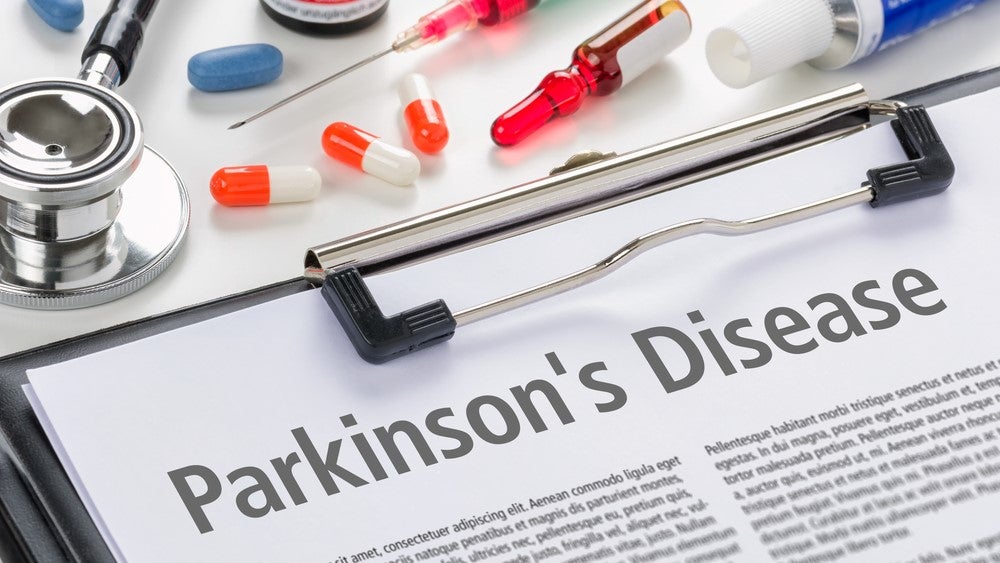
Vaxxinity has announced that the Phase I clinical trial for its Parkinson’s vaccine (UB-312) met the primary objectives, achieving antibody response in early Parkinson’s disease (PD).
Vaxxinity CEO Mei Mei Hu attributes the company’s support for Phase II trials for UB-312 based on the data indicating that the antibody response from the vaccine crossed the blood-brain barrier, making the vaccine a “promising candidate” for Parkinson’s prevention or disease modification.

Discover B2B Marketing That Performs
Combine business intelligence and editorial excellence to reach engaged professionals across 36 leading media platforms.
UB-312 is a synthetic peptide vaccine. It targets toxic forms of aggregated anti-alpha-synuclein (aSyn), which controls synaptic functions and regulates the release of neurotransmitters. Thus, aggregation of aSyn plays a key role in Parkinson’s development and progression.
A joint two-year project by Vaxxinity, Mayo Clinic, and the University of Texas is underway to assess target engagement assay and characterisation of UB-312 induced anti-aSyn antibodies. This project is funded by the Michael J Fox Foundation.
GlobalData has identified that the incomplete understanding of Parkinson’s aetiology and pathophysiology is a major challenge for drug development. However, the PD global market is expected to grow to $11.5bn in 2029.
GlobalData is the parent company of Clinical Trials Arena.

US Tariffs are shifting - will you react or anticipate?
Don’t let policy changes catch you off guard. Stay proactive with real-time data and expert analysis.
By GlobalDataPhase I data
The reported data is from the Part B of the randomised, placebo-controlled Phase I trial (NCT04075318), which enrolled patients with PD. The results from the Part A of the trial with healthy volunteers were published in 2022.
Thirteen patients completed dosing with UB-312 for 20 weeks. Twelve of these patients developed anti-aSyn antibodies that were also detectable beyond the blood-brain barrier in the cerebrospinal fluid (CSF).
Two patients had serious adverse events during the treatment and subsequent follow-up period (24 weeks). The adverse event profile was similar for the placebo and treatment groups.
The Phase I trial was conducted at an independent institute in the Netherlands, the Centre for Human Drug Research (CHDR).



